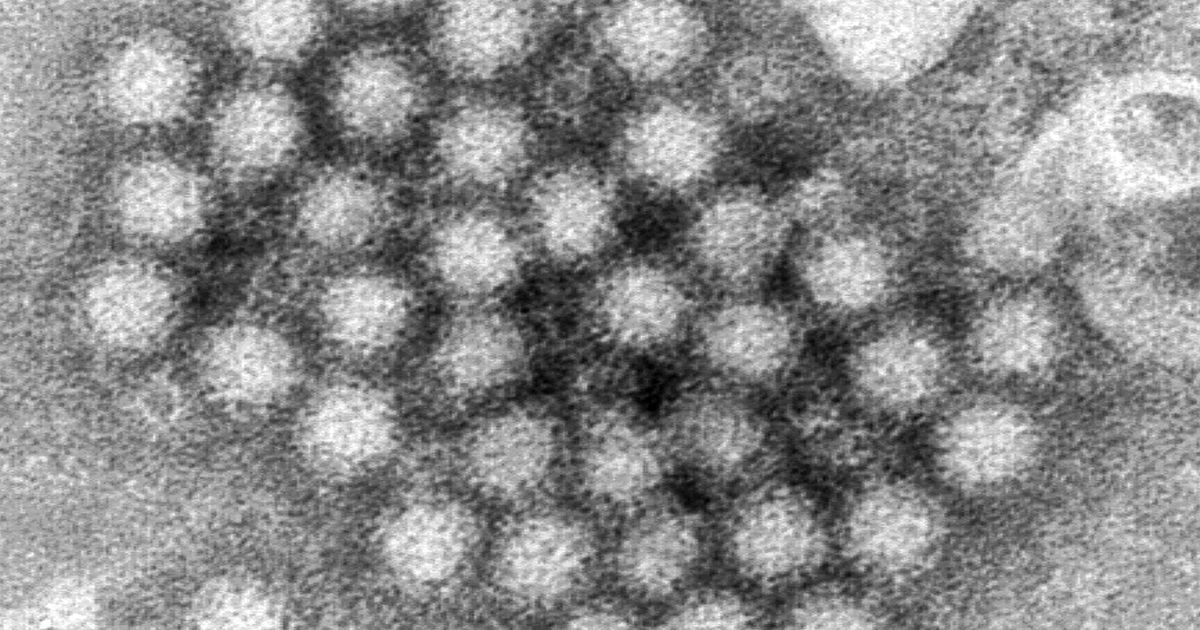Several Outbreaks Of This Contagious Virus Were Reported On Cruises In 2024

The Centers for Disease Control and Prevention reported several outbreaks of norovirus — a highly contagious illness that can cause vomiting and diarrhea — on cruise ships this year. A recent outbreak reported this week caused over 100 passengers to become ill.
The Ruby Princess ship, which is part of the Princess Cruises cruise line, departed from San Francisco and sailed to the Hawaiian Islands before returning to San Francisco on Wednesday. The CDC reported that 103 passengers and 12 crew members fell ill. The agency noted that cases of reported illnesses reflect numbers for the entire voyage and don’t necessarily mean that people on the ship were all sick at the same time.
Advertisement
Most of the ill passengers reported symptoms of vomiting and diarrhea.
The CDC also reported another outbreak of norovirus this week on one of the Holland America Line cruise ships, which is set to complete a round-trip journey that began in Fort Lauderdale, Florida, on Dec. 8. The ship visited countries in the Caribbean and Central America, and is set to return to Fort Lauderdale on Friday. Eighty-three passengers and 12 crew members were reported ill with symptoms of diarrhea and vomiting, according to CDC data.
The CDC has reported a total of 11 outbreaks of norovirus on cruise ships this year so far. The agency says it reports outbreaks when ships meet the following two criteria: First, a ship must be under the CDC’s Vessel Sanitation Program, which aims to “help the cruise industry prevent and control public health issues.” Second, more than 3% of passengers or crew members must report symptoms of a gastrointestinal illness.
Advertisement
“We may also post other outbreaks of public health significance,” the CDC said.
“This is an extraordinarily contagious virus,” Dr. William Schaffner, a professor of infectious diseases at Vanderbilt University, told CNN about norovirus last year. “It takes but a few normal viral particles to initiate an infection in someone who’s exposed. In other words, this doesn’t take a large dose; it takes only a little bit.”
Advertisement
Last year, the CDC reported 13 norovirus outbreaks on cruise ships. The agency noted that prior to that, there had been a decrease in overall rates of acute gastroenteritis on cruise ships from 2006 to 2019. Norovirus accounts for 50% of all gastroenteritis cases, according to the Cleveland Clinic.
While norovirus is usually the cause of gastrointestinal illnesses on cruise ships, the CDC said it is not always able to determine what causes an outbreak due to several factors. For example, medical staff are unlikely to have samples from sick patients to determine what caused the illness. Also, sometimes people’s symptoms begin after the voyage has ended.
What do I need to know about norovirus?
The norovirus, which is commonly referred to as a “stomach bug,” accounts for 19-21 million cases of vomiting and diarrhea in the U.S. each year, according to the National Foundation for Infectious Diseases.
Advertisement
You can get norovirus by consuming contaminated food or water, or by touching your hand to your mouth after your hand has been in contact with a contaminated object or surface, per the Mayo Clinic.
Children in day care or people in places where they’re in close quarters with other people (i.e. cruise ships, hotels and resorts) may be at risk for the illness.
The most common symptoms of norovirus include vomiting, diarrhea and stomach pain. You may also experience a headache, body aches and fever, according to the Cleveland Clinic.
Advertisement
The Cleveland Clinic suggests several ways to reduce your risk of norovirus:
-
Wash your hands often with soap and water
-
Wash fruits and vegetables before consuming them
-
Clean and sanitize objects and surfaces that are frequently touched
-
Cook your food thoroughly
-
Avoid contact with people who have a norovirus infection
-
Wash clothes that are soiled thoroughly.
While there isn’t a cure for norovirus, the Cleveland Clinic states that your symptoms will typically go away in one to three days. If you have norovorius, you should drink plenty of liquids — especially those with electrolytes — eat bland foods and get plenty of rest.
As always, discuss any concerns you may have with your doctor.

Comments are closed.